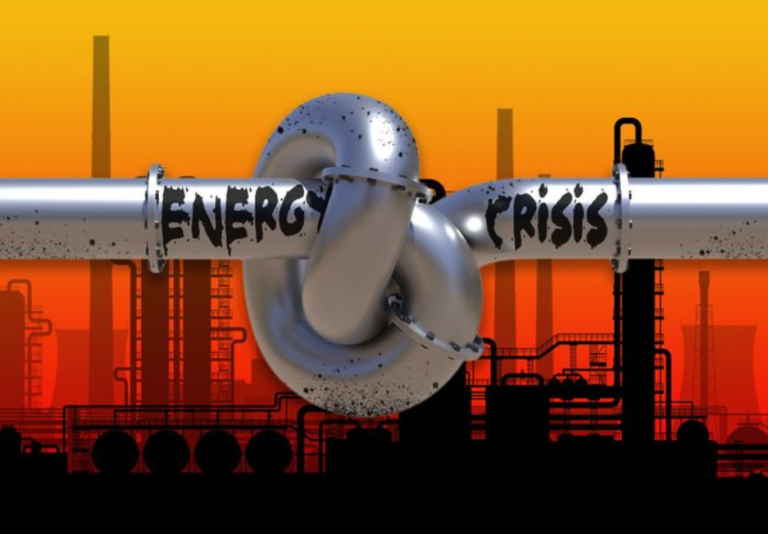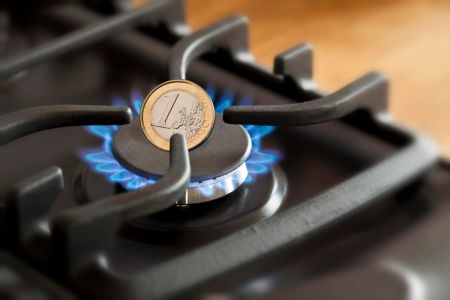Energy: Greece is reducing gas and energy consumption due to price hikes

Πηγή Φωτογραφίας: Αρχείου
Measures to decrease energy consumption are being taken, due to price hikes, not only in businesses but also in households. At the same time, the fact that industries started to prefer cheaper fuels in combination with the generally better weather conditions, compared to last year, led to a decrease in electricity and gas consumption in Greece.
In particular, as the latest data from the Independent Power Transmission Operator show, in July, total demand on the electricity system in the country decreased by 17% compared to July 2021. Indeed, especially for high-voltage industries, demand was reduced by 5.5%, which is mainly attributed to the curtailment of the operation of LARCO gradually by 70% until July. As for demand – which mainly reflects consumption in households and small businesses – it was reduced by 11.5%.

Limited gas consumption
Regarding natural gas consumption, as the Operator of the National Natural Gas Transmission System told to ot.gr, it was limited during the months of April until July. More specifically, it was reduced by 13% in July, by 21% in June, by 14% in May and by 47% in April. This is because several industries switched to cheaper alternative fuels, but mainly because of the shift by refineries to the use of naphtha. This was also pointed out at the beginning of the summer by Motor Oil’s deputy CEO, Mr Petros Tzanetakis (during the analysts’ briefing on the occasion of the first quarter results), stressing that energy costs remain high, although the use of naphtha in the refinery has replaced natural gas for the time being.
In any case, as reflected by the data published by the Operator of the National Natural Gas Transmission, gas use in Greece had increased in February and March (by 11% and 18% respectively), while a slight drop in demand of 7% had been recorded in January.
However, it is noteworthy that the May-July quarter saw a huge increase in gas exports of 253% in May, 226% in June and 743% in July.
The issue of energy saving was also mentioned, yesterday, by the Greek Energy Minister, Mr Kostas Skrekas, stressing that it should become part of our everyday life, as in Germany and Italy.
Reducing energy consumption in public buildings
In Greece, the operation “thermostat” has come into force, aiming to reduce energy consumption in public buildings by 10%, on an annual basis, and by 30%, overall, by 2030. However, the first step has not yet been taken, i.e. the registration of all properties in the public sector. Then, an energy manager, preferably someone specialized in engineering, should be appointed in each building, in order to carry out an energy audit and monitor the operation of all public and municipal buildings and facilities. This is an obligation that has been foreseen for years by the relevant legislation, but has yet not been fulfilled.
Once the energy managers are appointed, it is estimated that it will take about a year to make an initial assessment of the situation and to verify whether the adjustment of the “thermostat” for the air conditioning and the heating systems and the other measures proposed can lead to a 10% saving, otherwise additional measures or energy shielding of the buildings will have to be taken into consideration.
However, no one yet knows the real situation of public buildings (estimated at between 12,000 and 150,000) as few of them have been issued with energy performance certificates. It is estimated that only 8 % are at least C energy efficient.
Διαβάστε όλες τις τελευταίες Ειδήσεις από την Ελλάδα και τον Κόσμο






Το σχόλιο σας